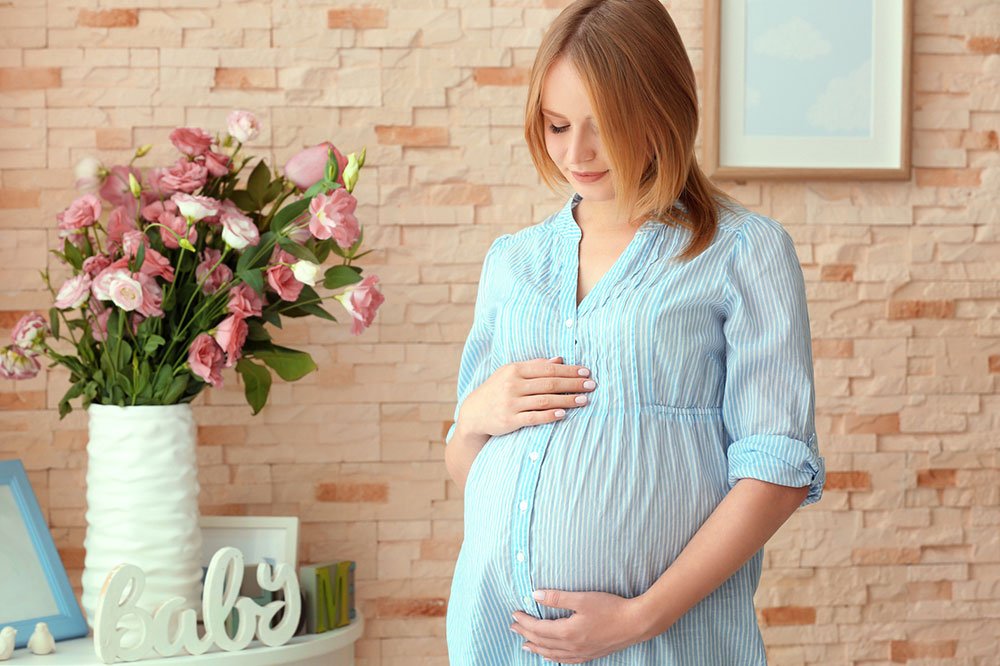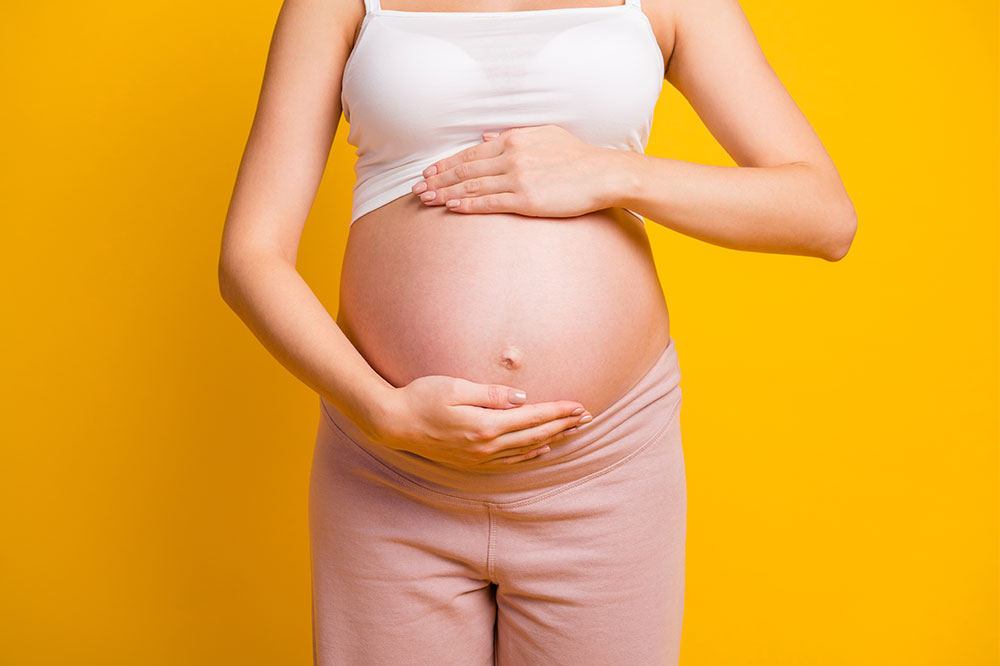Early Indicators of Pregnancy to Watch For
This article covers the common early signs of pregnancy, including missed periods, breast tenderness, nausea, and fatigue. It explains pregnancy stages and offers guidance on pregnancy prevention and testing. Recognizing symptoms early helps women seek timely medical advice for confirmation and proper care. Understanding these indicators fosters better health management and preparedness during pregnancy.

Early Signs of Pregnancy to Recognize
Recognizing the early signs of pregnancy is essential for women who plan to conceive. Common symptoms include fatigue, nausea, breast tenderness, and missed periods. Pregnancy lasts approximately 40 weeks, and understanding these signs can make the journey smoother. Variations exist among women, but being aware of these indicators helps in early detection. A missed period remains the most notable early sign, though irregular cycles can also occur due to other factors. Monitoring symptoms and consulting healthcare providers for confirmation ensures accurate diagnosis and better preparation for pregnancy.
Key Signs to Identify Pregnancy
Among the initial indicators are:
Missed menstrual period: The primary early sign is a missed cycle, but it’s not definitive alone as irregular cycles happen for various reasons.
Breast sensitivity: Hormonal shifts cause breast tenderness and swelling early in pregnancy.
Nausea and vomiting: Often called morning sickness, these symptoms typically appear around a month after conception, though timing varies.
The symptoms are not limited to these; women may also experience bloating, mood swings, cramping, constipation, and food aversions, which can trigger nausea or vomiting. Fatigue is common due to increased progesterone levels, leading to exhaustion. Increased urination results from greater blood flow and kidney activity. Other signs include mood changes, cramping, and changes in appetite, which vary among individuals. Recognizing these symptoms can prompt early pregnancy testing and medical consultation for confirmation.
Pregnancy Timeline
Pregnancy is divided into three trimesters. By week 12, the embryo develops muscles, nerves, and the head. The second trimester (weeks 13–28) witnesses bone marrow activity producing blood cells, formation of fingerprints, and hair growth, with fetal length reaching about 12 inches. In the third trimester, organ systems mature and begin functioning independently. Understanding these stages can help expectant mothers monitor fetal development.
Preventing Unintended Pregnancy
Women seeking to avoid pregnancy can choose from various contraceptive methods such as condoms, pills, IUDs, or cervical caps. If pregnancy symptoms are observed, conducting a home pregnancy test is advisable. Modern tests are highly accurate, and visiting a healthcare provider confirms pregnancy with blood or urine tests, ensuring early and reliable diagnosis.









